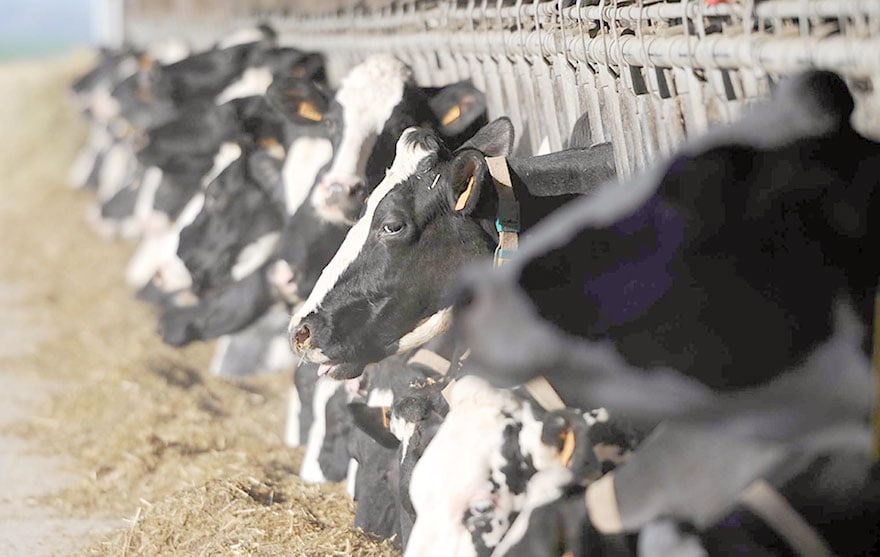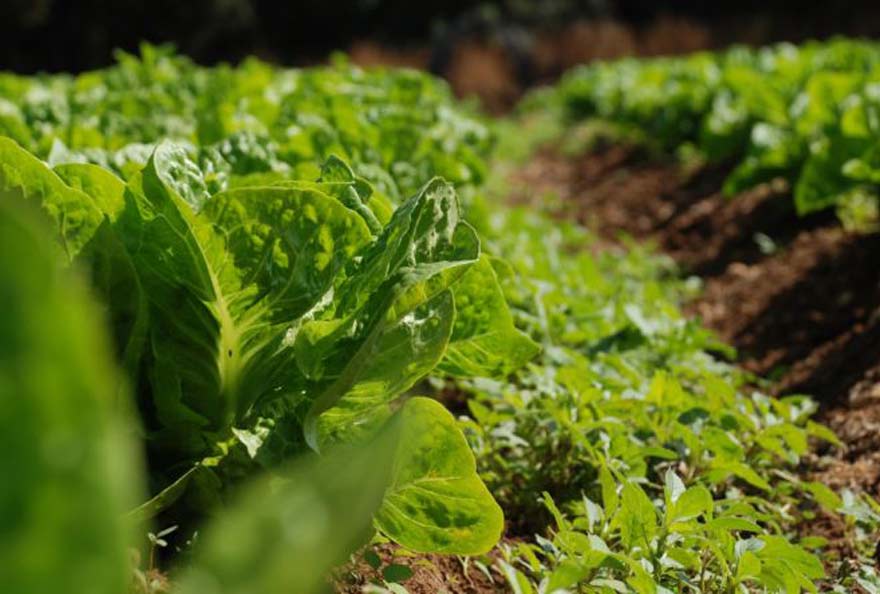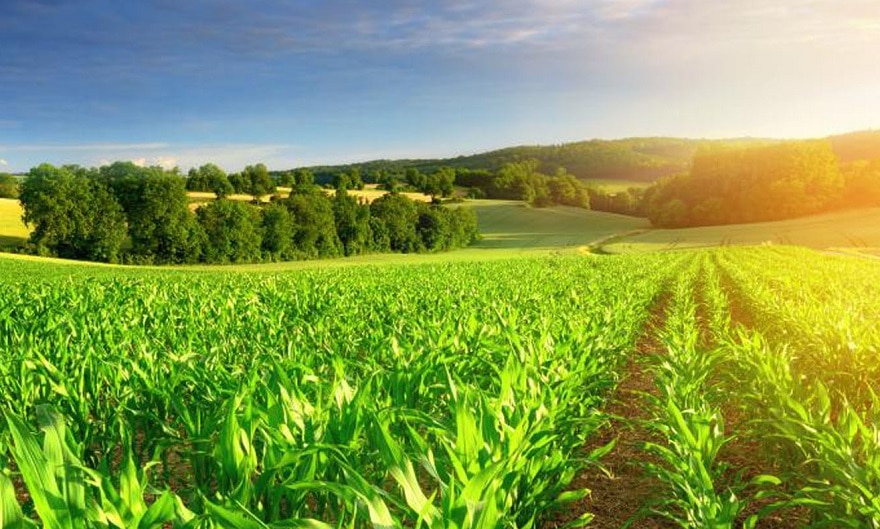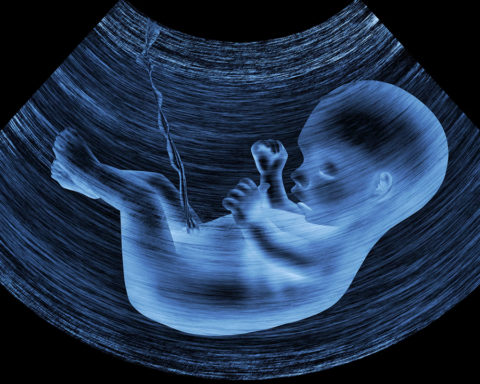A small NGO, Grain, has teamed up with the Heinrich Böll Foundation to conduct a study whose results are not only unprecedented but also stunning. Three meat producers, the Brazilian JBS and the Americans Cargill and Tyson, emitted more greenhouse gases last year than the whole of France and almost as much as the biggest oil companies such as Exxon, BP and Shell.
CAs we all know more or less, industrial livestock farming is one of the most polluting sectors among all human activities. According to the Food and Agriculture Organization of the United Nations, the FAOemissions, the livestock sector is estimated to account for 14.5 % of all anthropogenic greenhouse gas emissions. No need to be a great clerk to believe that this sector is the one where efforts to reduce greenhouse gases must be the most proactive, just like the fossil fuel or transport sector. All the more so as, in this sector, the way to reduce CO2 emissions is known: reduce or even turn away from intensive livestock farming.
However, according to the results of the study by the NGO Grain, " the exponential growth in the production of meat and dairy products makes the Paris Agreement impossible and climate catastrophe inevitable ». Aggravating circumstance, there are few figures on pollution levels in this sector. Few meat and dairy manufacturers calculate or publish their emissions. Therefore, for the first time, the NGO has made an estimate of emissions from the livestock industry, using the most comprehensive method developed to date by the Food and Agriculture Organization of the United Nations.
The results are overwhelming. The document states that " that the 20 largest meat and dairy companies emitted more greenhouse gases in 2016 than the whole of Germany, by far the biggest polluter in Europe. If these companies were a country, they would be the seventh largest emitter of greenhouse gases. ». The top three producers of this sad hit parade, the Brazilian JBS and the Americans Cargill and Tyson have issued alone more than a country the size of France issues in one year.

In recent decades, the major meat and dairy producers have become extremely powerful and have managed to push through, at all costs, the measures that have supported the rapid growth in meat and dairy production. One of the consequences, among many others, is that factory farming emits more greenhouse gases than the transport sector. « If production continues to grow according to FAO forecasts, emissions will increase to such an extent that industrial production of meat and dairy products alone will undermine our ability to prevent rising temperatures from triggering a doomsday scenario. "alerts the NGO.
Yet the solutions exist. « They just need to be put in place as a matter of urgency. "said the authors of the study. This would include, among other things, " redirect public funds "in a reasonable way, in order to support a more environmentally friendly model of agriculture and " support small producers".. At the same time, various measures could be put in place in order to ". Prevent the meat and dairy giants from destroying the climate and redirect our support measures to strengthen the resilience of small farmers and pastoralists.. "Overall, the authors of this survey are calling for a structural change to put an end to economic support for the most polluting activities in favour of alternative solutions such as agroecology.
It's going to depend on the level of awareness in society. As far as fossil fuels are concerned, mentalities are beginning to change, investors are declaring that they are moving away from these sectors; the movement seems to be moving forward. But there is still work to be done to bring people's minds to the idea of reducing meat consumption. Initiatives exist, alerts are issued, measures are taken, but we need to move faster. The NGO Greenpeace has recently launched a mass-media campaign powerful enough to encourage the government to introduce at least two vegetarian meals a week in school canteens. More generally, there are several indications that people are changing their relationship with meat. It's not easy, especially in a country like France where this type of food is culturally ingrained in people's minds. But a fundamental change is looming. In a poll carried out in the summer of 2017 by the FIFG, it appears that nearly 30% of the French describe themselves as flexitarian and 50% declare that they want to increase their consumption of plant products. This is good, but we need to go even faster.

Sources: Grain, Globalization












